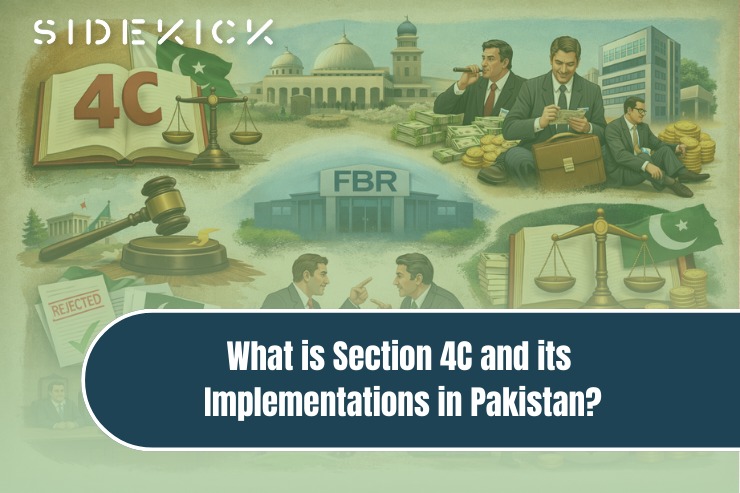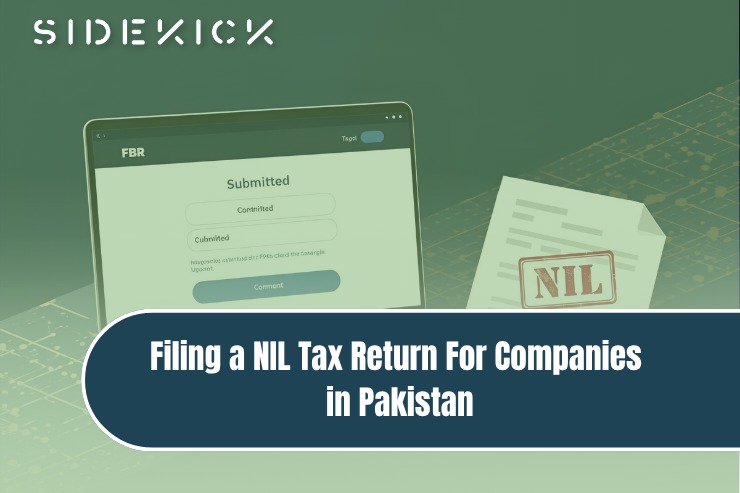As a small business owner in Pakistan, managing your finances can be a daunting task. With the ever-changing tax laws and regulations, it can be challenging to keep up with the latest developments and ensure that you are taking advantage of all available tax saving opportunities. However, with proper planning and execution, you can significantly reduce your tax burden and increase your profits. In this blog, we will discuss five tax saving strategies that can benefit Pakistani SMEs in 2025.
Take Advantage of Tax Credits and Deductions
One of the most effective ways to reduce your tax liability is to take advantage of tax credits and deductions. Tax credits are direct reductions in the amount of tax you owe, while tax deductions reduce your taxable income, which in turn lowers your tax liability.
In Pakistan, there are various tax credits and deductions available to small businesses. For example, you can claim a tax credit for investing in research and development or for hiring employees from certain underprivileged groups. Similarly, you can deduct expenses related to business travel, office rent, and utilities.
To maximize your tax savings, it is essential to keep accurate records of all your business expenses and seek professional advice from a tax expert who can guide you through the tax credit and deduction process.
Optimize Your Business Structure
The structure of your business can have a significant impact on your tax liability. In Pakistan, SMEs can choose from several business structures, including sole proprietorships, partnerships, and private limited companies. Each structure has its tax advantages and disadvantages, and choosing the right structure can help you minimize your tax liability.
For example, if you are a sole proprietor, you are taxed on your personal income tax rate, which may be higher than the corporate tax rate. On the other hand, if you set up a private limited company, you can take advantage of lower corporate tax rates, but you will also have to comply with additional regulatory requirements.
To optimize your business structure, you should consult with a tax expert who can help you evaluate your options and choose the structure that best fits your business needs.
Want to save on taxes in 2025?
Get in Touch
Fill out the form below, and we will be in touch shortly.
Keep Accurate Records
Keeping accurate records is crucial for any small business, especially when it comes to taxes. Accurate records can help you identify tax deductions, ensure compliance with tax laws and regulations, and prepare your tax returns quickly and efficiently.
In Pakistan, SMEs are required to maintain records of their business transactions, including invoices, receipts, bank statements, and financial statements. By keeping accurate records, you can minimize the risk of errors and discrepancies that could trigger an audit or lead to penalties and fines.
You can use accounting software to track your business transactions and generate financial reports, or you can hire a professional bookkeeper or accountant to handle your finances.
Take Advantage of Tax Incentives
The Pakistani government offers various tax incentives to encourage SMEs to invest in certain sectors or regions. For example, SMEs that invest in agriculture or renewable energy can qualify for tax exemptions or reduced tax rates.
To take advantage of tax incentives, you need to identify the incentives that are relevant to your business and ensure that you meet the eligibility criteria. You may need to provide documentation or proof of your investments to claim the tax incentives.
It is essential to stay informed about the latest tax incentives and changes in tax laws and regulations to take full advantage of the available tax benefits.
Plan for the Future
Finally, planning can help you minimize your tax liability and ensure the long-term success of your business. By setting financial goals, creating a budget, and forecasting your cash flow, you can make informed decisions about your investments and expenses.
You can also plan for major business events, such as expansion or acquisition, to minimize the tax impact of these transactions. By seeking professional advice from tax experts and financial planners, you can develop a comprehensive tax strategy that aligns with your business goals and objectives.
Pakistani SMEs can significantly reduce their tax liability by taking advantage of tax credits and deductions, optimizing their business structure, keeping accurate records, taking advantage of tax incentives, and planning for the future. By seeking professional advice and staying informed about the latest tax laws and regulations, small business owners can ensure that they are maximizing their tax savings while remaining compliant with the tax authorities. As an SME, partnering with a reliable and efficient tax, accounting, and legal support service like Sidekick can help you navigate the complex tax landscape, minimize your tax burden, and focus on growing your business.







